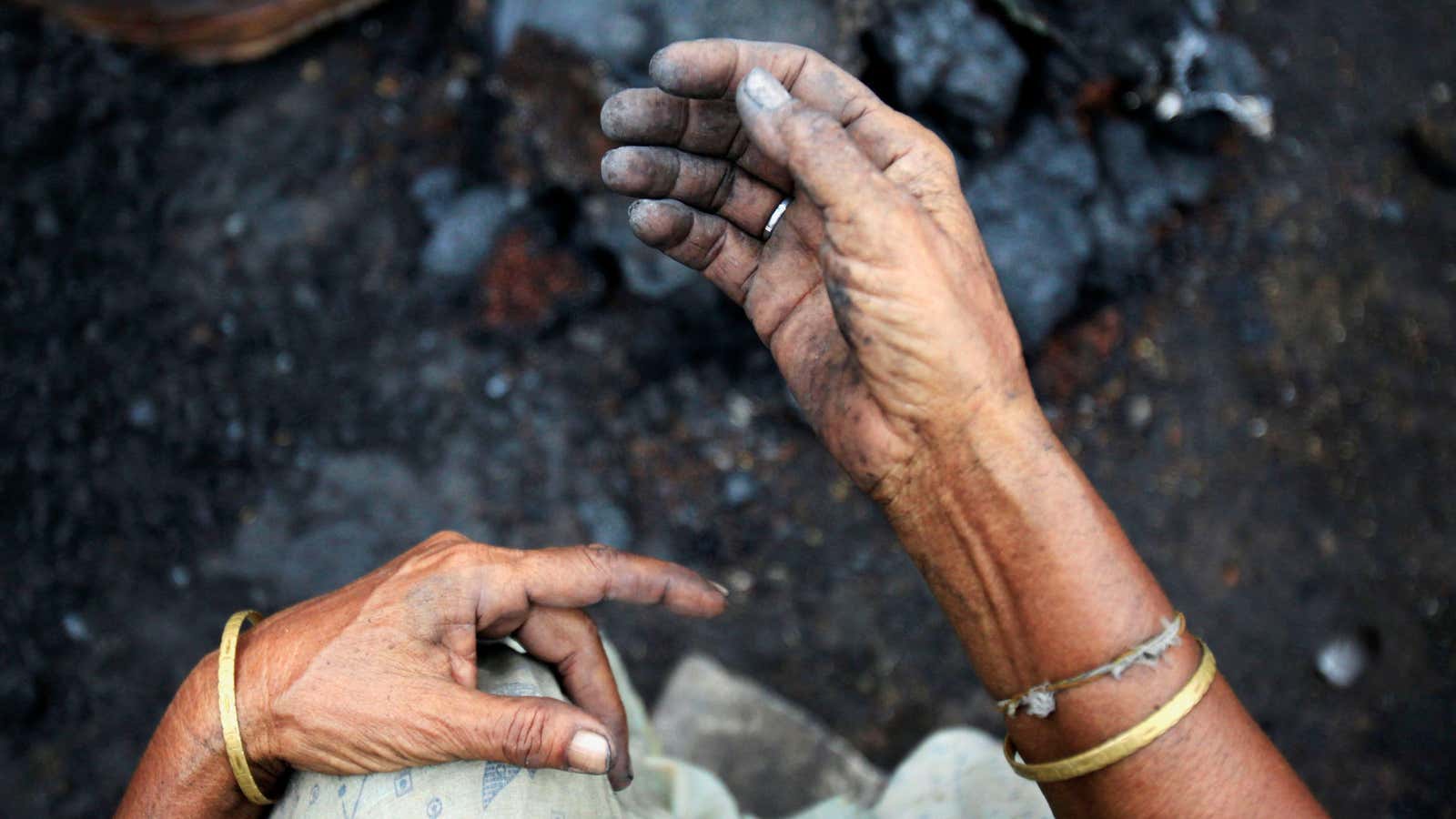Activists from Myanmar, Sri Lanka, India, Vietnam, and other countries of the global south are calling on Mark Zuckerberg to start treating problems Facebook has caused in their countries as equal to those in the western world.
During a human-rights conference in Toronto last week (May 18), a group of activists announced an as-yet unnamed coalition whose aim is to hold Facebook accountable. In recent months, groups from these countries have written letters, dubbed #DearMark, to the company’s CEO to highlight how Facebook has been used to undermine local democratic processes and stoke ethnic strife (here’s Sri Lanka’s, Myanmar’s, and Vietnam’s).
In a scathing press release, the activists note that countries outside of North America and Europe—Facebook’s most profitable markets—represent 72% of the social network’s users.
“The coalition aims to call to account the reckless push for expansion by Facebook as they capture the ’emerging markets’ that the citizens of our countries represent,” the group says. “In this process Facebook has consistently failed to invest in the basic contextual understanding, local language skills, and human resources needed to provide a duty-of-care for users in sometimes repressive regimes—a failure that has real world consequences including loss of life.”
Activists from Bangladesh, Syria, the Philippines, and Ethiopia are also part of the group. Facebook’s failure to address systemic issues in these countries has been “remarkably consistent,” the activists say. “It is critical that Facebook respect the fundamental principle of equality on their platform, and work diligently to defend the rights of users regardless of the market in which they reside.”
Following widespread scrutiny in the US, Facebook has promised a civil-rights and political-bias audit, the activists note. “The coalition demands similar scrutiny into Facebook’s role in abetting human rights abuses, spreading misinformation and manipulation of democratic processes in our respective countries.”
Specifically, they want Facebook to commit to enforcing its standards equally in all the countries in which the platform operates. For example, they say Facebook should standardize the timeframe in which the company will respond to requests to pull content from the platform. The activists also want Facebook to commit to arranging and paying for independent “human-rights audits” to be carried out in each country, and they want the company to provide transparency about its processes and performance in individual countries.
At the core of the activists’ concerns is content moderation on the platform.
Recently, Facebook published a report outlining the success of its content-review operations, but without a country-by-country breakdown, the numbers do not reveal much about how the country operates at a regional level. What’s more, Facebook admitted that its content-moderation processes favor languages with a large number of speakers, which means that by default the company’s attention is focused on big markets, rather than small, but more volatile ones, like Sri Lanka or Myanmar.
“Facebook is criminally negligent in all of our countries,” Thenmozhi Soundararajan, a spokesperson for the activist group told Quartz. “In our coalition we have the first social-media genocide [Myanmar], the Syrian war, and the disruption of the largest democracy in the world [India], and that is just us getting started. It has been the myopia of media that this conversation has focused on the global north, but our coalition represents the future of the internet as we represent the next billion users who will come online.”
